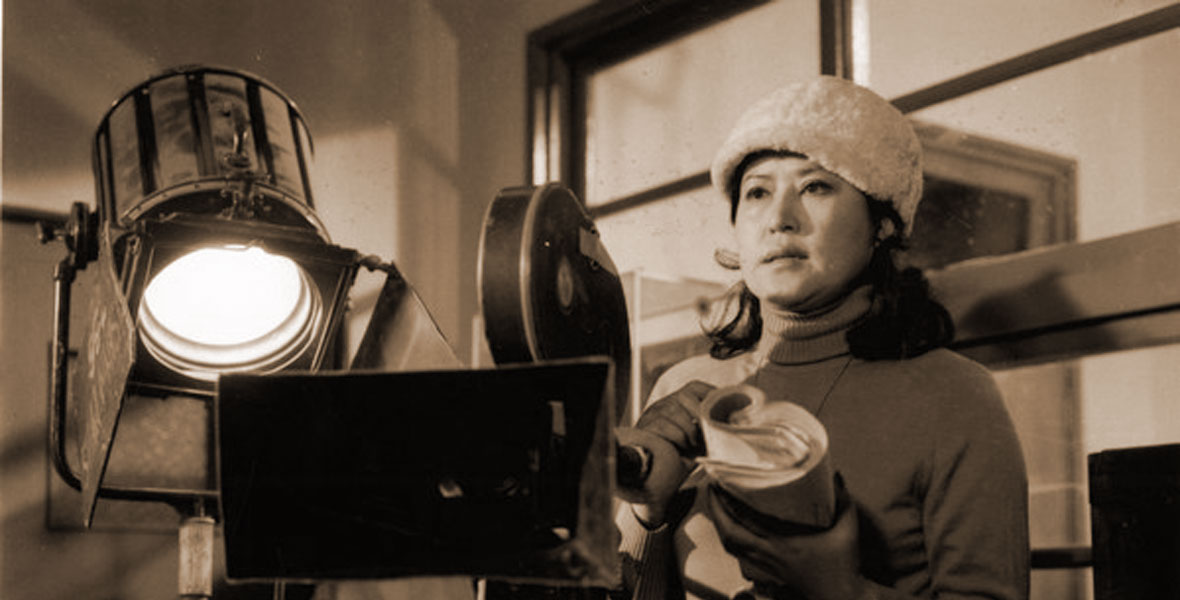
Choi Eun-hee is the one of the most popular actress of her time who started her career in drama theater. After starring in “Korea” (1954) by Shin Sang-ok, Choi exclusively acted for the director and his film company Shin Film, then went onto debut as the third Korean female director after Park Nam-ok and Hong Eun-won, when she directed “The Girl Raised as a Future Daughter-in-law” in 1965. Park Nou-sik is an action actor who represent the 1960s and 1970s Korean film scene, starring in “Wanted” (Kim Muk, 1961), “Call 112” (Lee Man-hee, 1962), and “A Wandering Swordsman And 108 Bars of Gold” (Chung Chang-wha, 1968) and leaving strong impressions to the audience with his charismatic face and action acting techniques. In 1971, Park directed “Quit your life” in 1971, making his debut as a director, and went on to make a total of fourteen films throughout his career, including “Zip up” (1972) and “Devil! Take The Train To Hell” (1976). Choi Moo-ryong, who made his acting debut in 1954 in “A Turbid Water” directed by Lee Man-heung and enjoyed the peak of his career in 1960, also became a director through “Blood-soaked Mountain Guwol” (1965), later directing “Na Un-gyu” (1966), and “Seoul Is Full” (1967). Shin Seong-il, the teenage heartthrob of the 1960s in Korea, whose acting in “The Barefooted Young,” premiered in the Academy Theater in 1964 made teenage movies popular. This immensely popular actor also directed four films himself, making “Lovers’ Classroom” (1971) and “A love story” (1971).
Korean actors who represented the 1950s and 1960s: Choi Eun-hee, Park Nou-sik, Choi Moo-ryong, and Shin Seong-il. This special feature will study look into the cinematic worlds created by these actors behind the camera, who were accustomed to standing in front of the camera.
Films